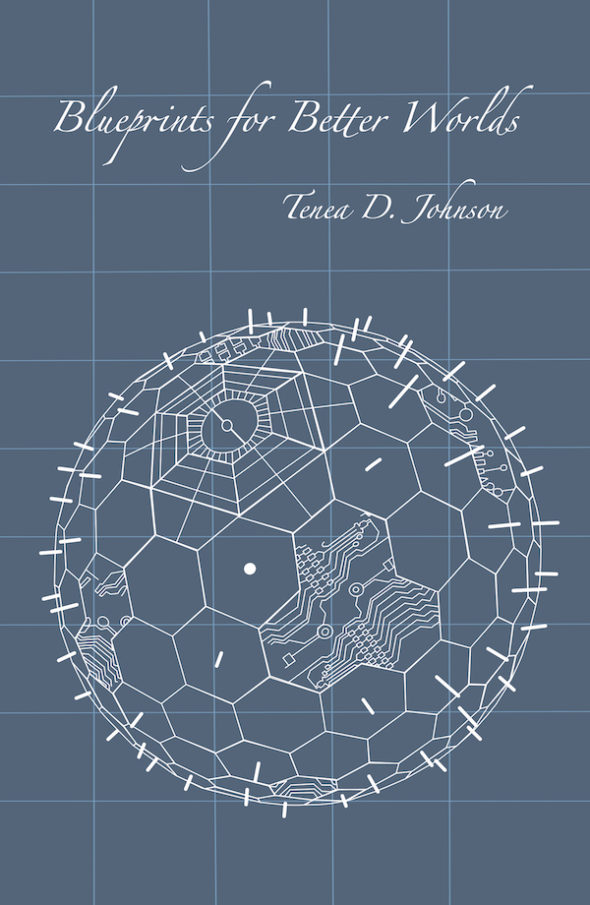Afrofuturism, Best of and Next Up
Here, a miniretrospective: On this last day of the storybundle, current Afrofuturist authors/editors share their favorite works and what they’d like to see in Afrofuturism’s future.
What’s your favorite Afrofuturist work?
Octavia’s body of work. It’s hard to pick. Wild Seed, Kindred, Parable of the Sower, Xenogenesis Trilogy, etc.
—Andrea Hairston
It’s a tie between Octavia Butler’s Mind of My Mind and her short story, “The Evening, the Morning, and the Night.” The first is a novel, the latter a short story. I’d call them some of her lesser known works but for me, they are so efficient and clean, with an emphasis on the joy of the plot, that they’re hidden gems. No offense to Parable of the Sower or the other more stand out works by Ms. Butler, but I like a tight stand-alone narrative with no wasted plot points, characters, or words. And she delivers with those two tales.
—Ayize Jama-Everett
This is an easy one, Dawn by Octavia Butler.
—Nicole Givens Kurtz
Empire Star, by Samuel R. Delany. It’s available from Wesleyan, and I was able to get permission to reprint it in the Lightspeed People of Colo(u)r Destroy SF anthology.
—Nisi Shawl
Well, Sun Ra, is way up there, mindblowing, and there’s so many more, but if pushed, I’d have to go with Samuel R. Delany’s Babel-17, which I bought well-worn from a street bookseller in Harare when I was 16.
—Ivor Hartmann
What direction would you like to see Afrofuturism go in? What would you like to see come of this Afrofuturism moment?
I want Afrofuturism to go every direction. I want the Afrofuturist moment to last a very long time!
—Andrea Hairston
Oh, we a movement now? Awesome. I want reparations then. I kid. Not really. Seriously though I’m not sure what people mean by a movement. I mean, are there Afrofuturist publishers, agents, cinema houses, and lawyers? Do we have a Samuel Delany Center for the Study of Afrofuturism and its offshoots going somewhere? If so, awesome. If not, I think it’s just a popular cultural phase right now. Don’t get me wrong, I’m glad a lot more folks are getting the shine on their names. Folks that have been grinding for years at this are finally able to eat off of it. I hope to one day be among them. But even so, I know that the diversification of both approach and narrative are key in order to stay fed. I think about Jordan Peele. The man started out on MADtv. And after over a decade he made a blockbuster on a shoestring budget, which can only nominally be called sci-fi. But folks are claiming him as Afrofuturist royalty. Awesome! The more the better. But is it about Afrofuturism or just finally acknowledging that black people who create in this country and throughout the world do so with more than white audiences in mind? Maybe publishers, agents, editors, producers, and directors are finally just coming to realize that the same weird, creepy, and geeky things that have obsessed the dominant culture have also intrigued black creatives and audiences. And sometimes, our approaches to said weirdness are more intriguing than the standard fair. You want to call that a movement? Cool. Me, I say it’s just awesome people of color continuing to do what we’ve always done, only now some of us are being recognized for it.
—Ayize Jama-Everett
I would like to see Afrofuturism continue to incorporate all areas of media. I would love to see more TV and film media embrace authentic Afrofuturism. Black Panther had the backing of Disney, but many independent filmmakers are producing quality works but cannot get the distribution. How do we harness that hunger to our advantage? How do we connect those people who adored Black Panther to our independent works? I want to see the movement embrace all Afro-centric stories, not just those rooted in Africa, but from the other countries in the diaspora, including the U.S. Most importantly, there is amazing work being created in comics, novels, films, and music, but have not reached the audience necessary to be as big as I think it can be.
—Nicole Givens Kurtz




